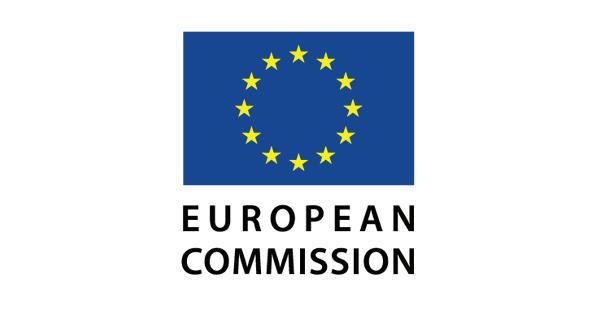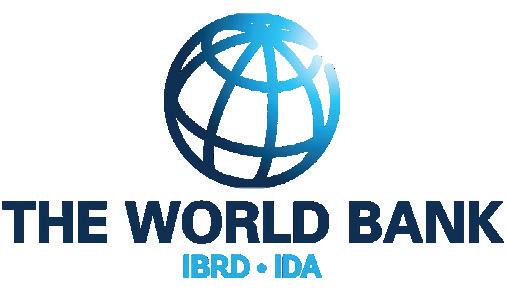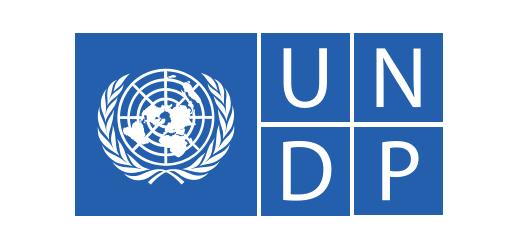
2 minute read
Introductory Activity To The Module 1
Regional average: Mid-range (0.45)
High (0.7>) Mauritius
Mid-range (0.4–0.7) Angola, Benin, Botswana, Burkina Faso, Central African Republic, Côte d’Ivoire, Gabon, Gambia, Ghana, Guinea, Guinea-Bissau, Kenya, Lesotho, Liberia, Madagascar, Malawi, Mali, Morocco, Mozambique, Namibia, Niger, Nigeria, Senegal, Sierra Leone, South Africa, Tanzania, Togo, Tunisia, Zambia and Zimbabwe
Low (<0.4) Algeria, Burundi, Cameroon, Chad, Democratic Republic of the Congo, Egypt, Equatorial Guinea, Eritrea, Eswatini, Ethiopia, Libya, Mauritania, Rwanda. Somalia, South Sudan,
Summary on Representative Government in Africa, 2018
The GSoD Indices data for 2018 shows that Representative Government has been strengthened inAfrica. According to data, 20 countries are now categorized as democracies, of which all but one (Mauritius) has mid-range levels of Representative Government. However, the depth and scope of democracy varies considerably, depending on an individual country’s performance.
Activity 8: Notion of Governance and E-governance
Activity At the end of this activity, the participants will know true meaning of Governance, they will also know the different uses of the term governance. They will know how to differentiate government from governance.
1 Hour
Group Work And Facilitator Presentation
Flipchart and Paper, Markers, Tape
Time Needed
Methodology
Materials
Some general contexts of governance
Governance has become a fashionable word today describing a whole host of approaches and techniques for improving coordination among the different levels of society. Probably the nearest synonym for governance would be; from the modern point of view; coordination, based on partnership and dialogue. To explain what governance is, could seem quite easy in spite of the fact that there is a lot of disagreement among social scientists about the meaning of the word. Governance has got mostly two different meanings.
First: governance is: the state of being governed.
The second meaning of the governance is the act, process, or power of governing.
This approach, on the other hand, reflects the active operations, a basic precondition of governing and a key characteristic of it.
Defining governance and Good governance
There is no single universal definition of good governance. Rather, there are several definitions applied or used by different countries, different bilateral and multilateral agencies.


WORLD BANK: Governance refers to the manner in which public officials and institutions acquire and exercise the authority to shape public policy and provide goods and services’.
UNDP: defines governance as “the system of values, policies and institutions by which a society manages its economic, political and social affairs through interaction and within the State, civil society and the private sector. It is the way a society organizes its self to make and implement decisions – achieving mutual understanding, agreement and action.
For the European Commission “governance concerns the State’s ability to serve the citizens. It refers to rules, processes and behavior by which interests are articulated, resources are managed and power is exercised in the society.
African Development Bank: Governance is a process referring to the manner in which power is exercised in the management of the affairs of a nation, and its relations with other nations.
The Ibrahim Index defines governance as the delivery of key political goods: safety and security; rule of law, transparency and corruption; participation and human rights; sustainable economic opportunity; human development.







